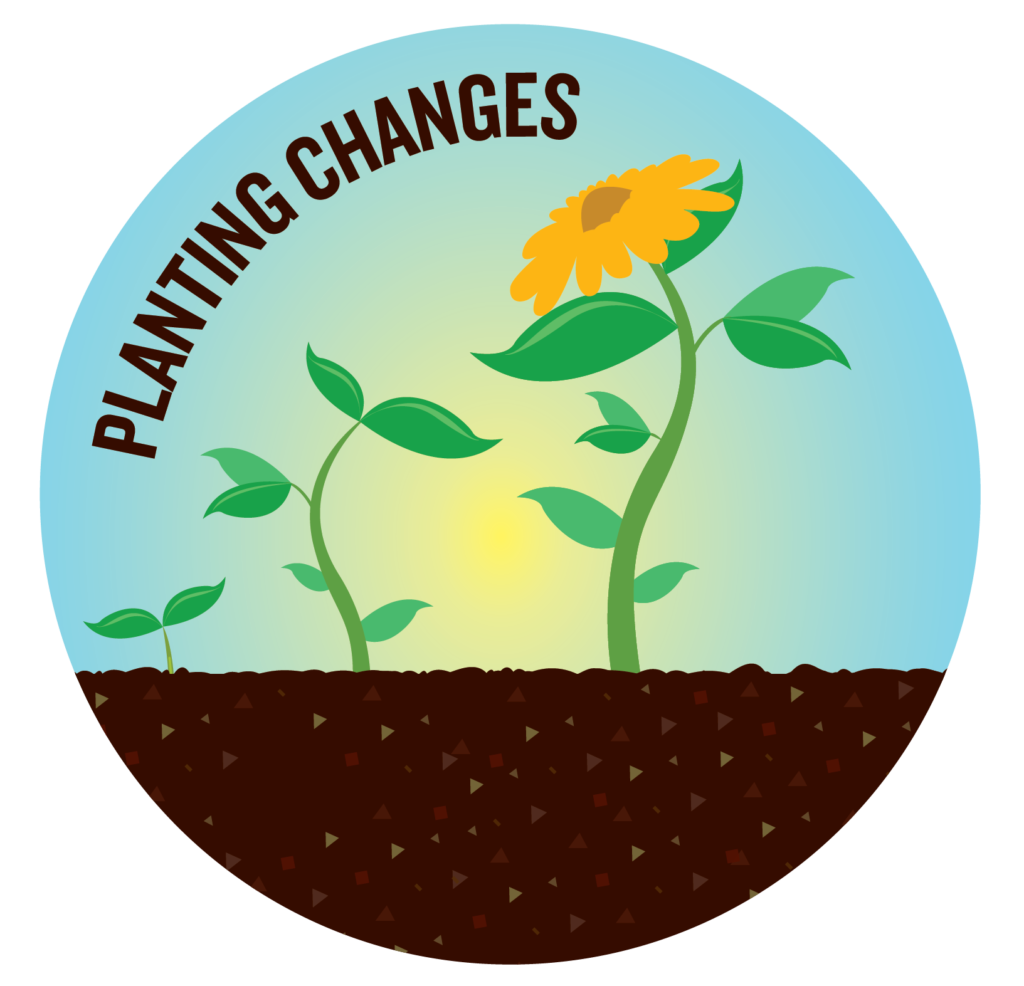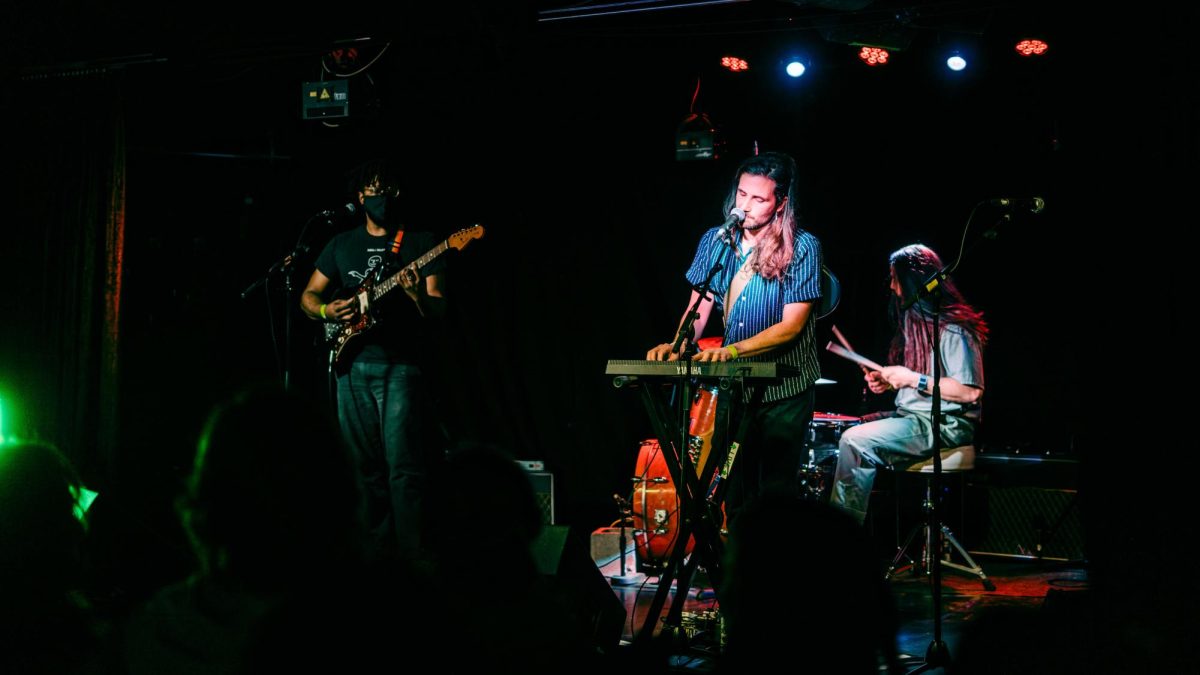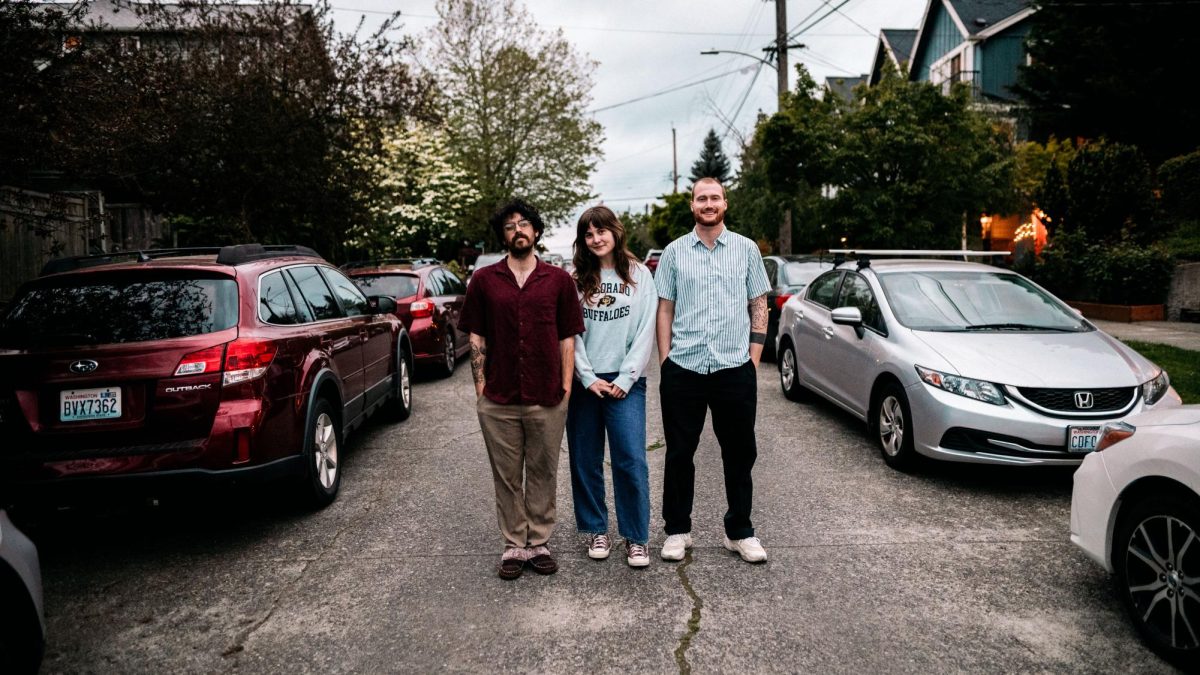Getting Passionate for the Planet
The feeling for this week is bewilderment. The very idea of climate change is inconceivable– we are literally poisoning ourselves to make our daily lives easier. By 2050, the phrase “there are other fish in the sea” will have to transition to “there are more plastic pieces in the sea so continue to date toxic people.” Which is a little wordy, but perhaps it is fitting that our punishment for immediate gratification through the destruction of the environment is a depressing view of the dating pool.
Allow yourself to feel bewildered. Rage in your bewilderment that the government is actively working against your right to a safe life in a stable climate. Rant about environmental injustice and the direct consequences it has on indigenous communities. Use this anger and confusion to spark your activism. Climate change is a ridiculous phenomenon that we must stop. And the first step to positive change is understanding the causes behind the issue. Recognize your own dependence on capitalism, single-use plastic, and other systems of environmental destruction.
This bewilderment is brought to you by Seattle University’s Residence Hall Association and their ability to send the Ecological Representatives to the Washington and Oregon Higher Education Sustainability Conference (WOHESC). Imagine your three representatives shivering at the University of Washington, surrounded by climate activists from around the two states, feeling equal parts inspired and incompetent when faced with such enthusiasm. We gripped compostable information booklets and reusable canisters of coffee while sharing our joy for climate activism and our anger at nonbelievers. In addition to the three Ecological Reps, ten other Seattle University affiliated members attended the conference.
On the third day of the conference, two plaintiffs and a lawyer on the Juliana v. U.S. case spoke about their lawsuit against the United States of America. One of the plaintiffs for the case is Seattle U’s very own Kiran Oommen. The case began in 2015 against the Obama administration and continues to combat the Trump administration’s attempts to bury the lawsuit.
Also representing our school was Yolanda Cieters, the Sustainability Manager at Seattle U’s Center for Environmental Justice and Sustainability (CEJS), who gave a presentation on different campus sustainability frameworks.
One of the most inspiring presentations (in my humble opinion) was one about beekeeping. For context: I love bees. I have a tattoo of a bee on my left wrist and a pollinator-friendly garden at home. I am a passionate advocate for these tiny creatures and their huge impact on the world– and I believe that everyone should be too.
Most people’s initial reaction to bees is fear. First, it is important to know that the percentage of people who are actually allergic to bee stings is incredibly low. Beyond that, the risk of losing bees completely (not to mention the 90 percent of flowering plants that depend on a pollinator) is far greater than the risk of being stung. I think it is about time that Seattle University becomes a bee-friendly certified campus. Throughout the coming quarter, I will be working with CEJS to put together a group that will work on the certification process.
The bewilderment that I felt at WOHESC was not merely a result of my constant shock and anger over climate change, but also due to the fact that there is not enough recognition of ecological projects on campus. CEJS is one of the hardest working groups on campus and yet most students are not aware of their many initiatives. This recently changed when news broke that Seattle U has a recycling crisis, but it should have happened before it negatively impacted the student body.
Your challenge this week is to notice the intersection between your passion and the environment. Are you involved in sports? Climate change negatively impacts air quality and would make it more difficult to have games outside. Are you an artist? Some of the most beautiful pieces of work were inspired by nature. Not to mention the supplies that nature provides: driftwood, natural dyes, and shells.
By finding the connection between your passion and the environment it will be easier to find the motivation to make a difference. If you cannot find a connection between yourself and an issue, you will not feel pressured to act. Climate change will (and already is!!) affecting everyone and everything that we hold dear. If you are not yet bewildered or enraged by this, it is time for you to realize the Earth needs your help.
The editor may be reached at
[email protected]













